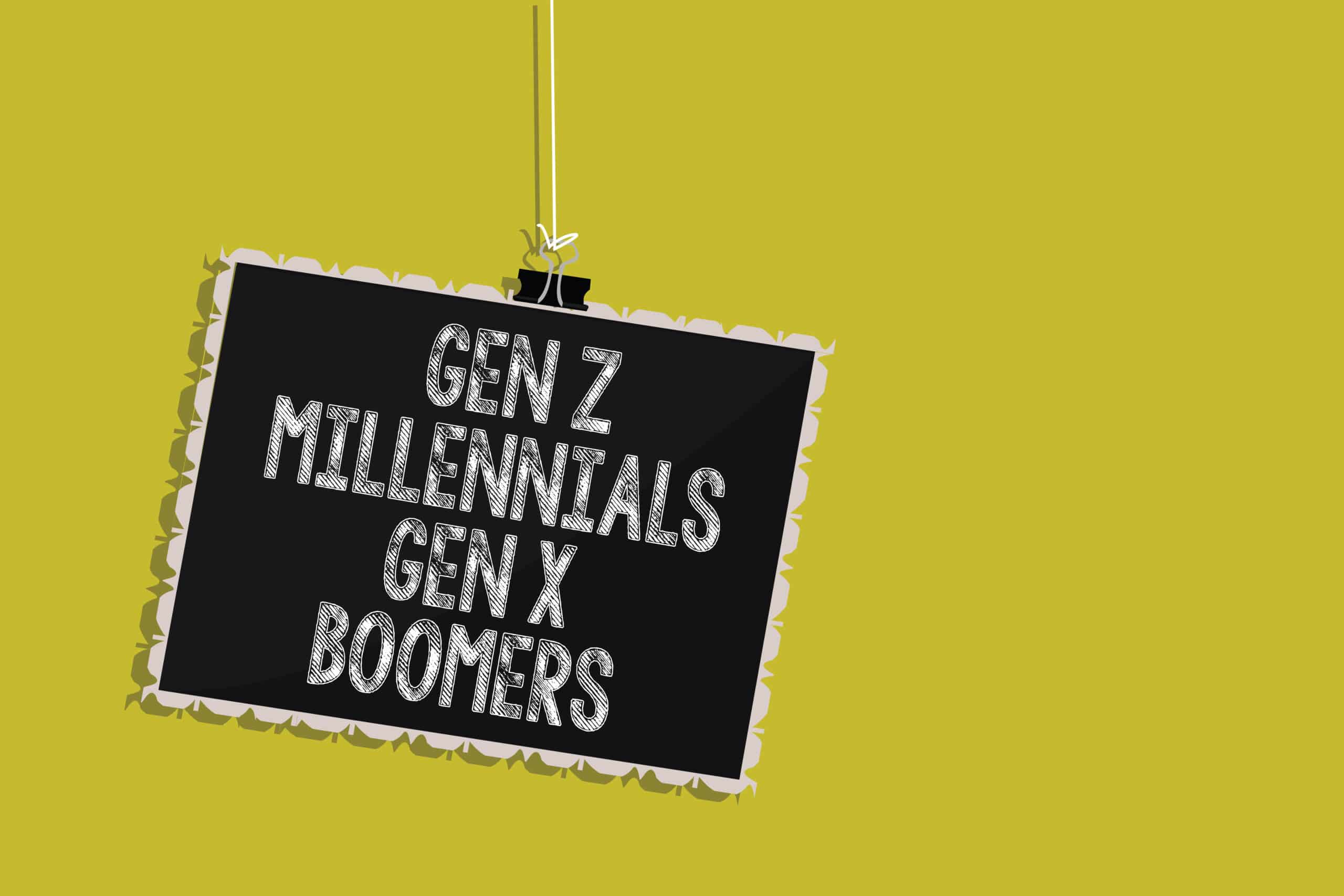Millennials are experiencing their physical and mental health decline at a faster rate than those from Generation X did as they age, in the report using a baseline projection representing historical outcomes of health shocks and an adverse projection of current trends. The decline could be rectified with proper management and treatment without which Millennials could see a 40% increase as compared to Gen Xers of the same age; and if left unchecked in this scenario they could end up paying more than a third more in treatment costs due to a greater need for treatment and rising healthcare costs.
Healthcare is just 1 of 4 key costs that are plaguing Millennials; in 1960 the average annual cost of healthcare was $146 but this skyrocketed to $10,345 in 2016, when adjusted for inflation that represents a ninefold increase and costs are expected to further increase to reach $14,944 in 2023.
Their poorer mental and physical health could also make millennials less likely to participate in the job market which would create higher unemployment rates and a loss of annual income by more than $4,500 per person, according to the report.
The health decline was attributed to physical conditions such as hypertension and high cholesterol, and behavioral health, in particular rises in rates of depression, hyperactivity, and substance abuse. Rates of depression and hyperactivity among American Millennials was found to have increased by 30% from 2014-2017; previous reports have found that major depression diagnosis were increasing faster for Millennials and teens than they were for any other age group.
Accidental deaths have also increased which overall make up a larger share of mortality among Millennials than it did for Gen Xers at the same age; specifically accidental deaths from heroin and other opioid overdoses have increased by 1,400% among all generations from 2010-2017. The Trust for America’s Health and Well Being Trust report yielded similar findings, reporting that Millennials were dying more from deaths of despair, or deaths related to drugs, alcohol, and suicide.
Deaths in these categories have increased across all age groups over the past 10 years, but the largest increase has been among younger Americans to account for the deaths of 36,000 Millennials in 2017 alone, of which drug overdoses were the most common cause of death. According to the report the increase in deaths of despair has been caused by several reasons; young people engage in more risk taking behaviors, they represent the highest percentage of enrolled military personnel, and they disproportionately live in high stress environments like correctional facilities.
The increase in deaths is also being influenced by structural factors, especially the myriad of financial problems they are facing such as student loans, debt, healthcare, childcare, an expensive housing market, and an increasing gap in income inequality. Affordability has become so bad that most can’t afford treatment which appears to be hitting Millennials the hardest as according to the report 1 in 5 diagnosed with major depression don’t seek treatment which is likely because they can’t afford to seek help.
This is a vicious cycle, it affects all generations, Millennials are not the first or only to experience money struggles; money struggles aren’t only just hurting Millennials health but it also prevents them from seeking help for those very issues. Unfortunately it seems as if American Millennials are not exactly the picture of physical or mental health.
If you or someone you know is struggling with depression or thoughts of harming themselves, please get help: The National Suicide Prevention Lifeline provides 24/7 confidential support for those in need, as well as the best practises for professionals and resources to aid in prevention and crisis situations. You are not alone, people want to help. 1-800-273-8255. Please call.




